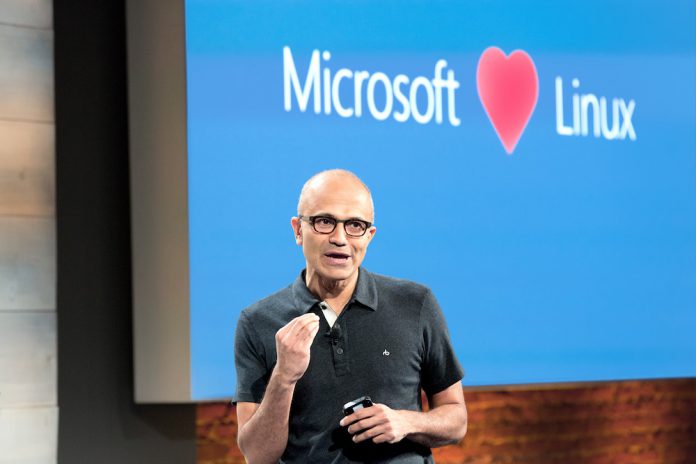Microsoft's relationship with open source has been one of the most fascinating in the tech realm. For decades, the company was decidedly against open source services and actively viewed Linux as the enemy. Over the last five years, the era of Microsoft Loves Linux started, and the company is now a full supporter of open source solutions.
Microsoft president and chief lawyer Brad Smith has admitted the company previous view of open source was incorrect. Now Redmond has open sourced many of its services, Smith says the company was on the “wrong side of history”.
“Microsoft was on the wrong side of history when open source exploded at the beginning of the century, and I can say that about me personally,” Smith said in a talk about hot computing topics at MIT's Computer Science and Artificial Intelligence Laboratory (CSAIL).
“The good news is that, if life is long enough, you can learn … that you need to change.”
Perhaps the most famous example of Microsoft's former disdain for Linux came from former CEO Steve Ballmer. In his typical blustery manner, Ballmer described the open source community as a “cancer” that “attaches itself in an intellectual property sense to everything it touches”. Microsoft founder Bill Gates was also an opponent of open source in those days.
Embracing Open Source
Times changed, however, and Microsoft eventually made its peace with Linux and the wider open source ideal. Smith says Microsoft is not only supporting open source these days, it is helping to drive the idea:
“Today, Microsoft is the single largest contributor to open-source projects in the world when it comes to businesses,” said Smith. “When we look at GitHub, we see it as the home for open-source development, and we see our responsibility as its steward to make it a secure, productive home for [developers].”
As for Ballmer, he admitted in 2016 Microsoft's new push into open source suited the company now. However, he said the reasons Microsoft can work with Linux and open source now is because “The company made a ton of money by fighting that battle very well. It's been incredibly important to the company's revenue stream”
In other words, he no longer believes Linux is a threat to Microsoft. Either way, the company is now a major player in open source.






